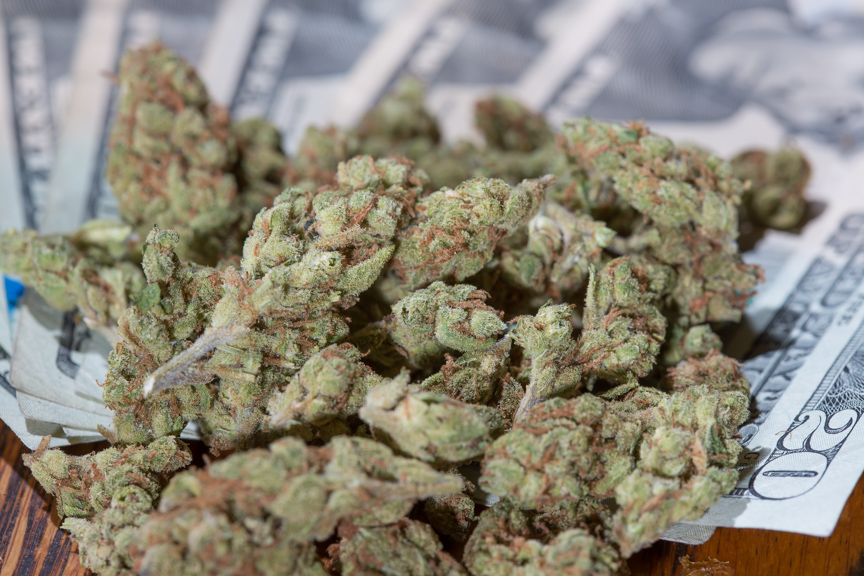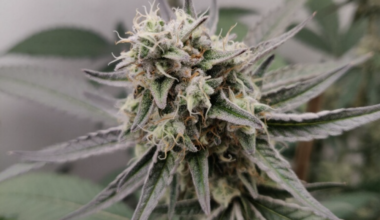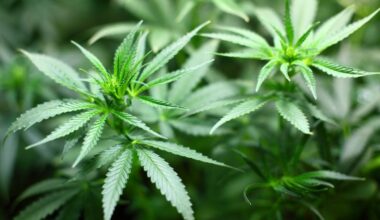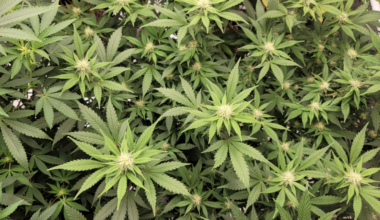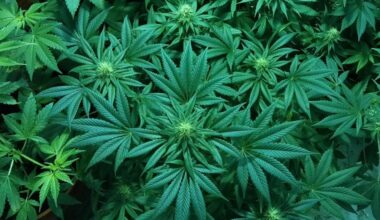“As more cannabis businesses come online, consumers won’t have to travel as far to make purchases, and prices will fall with increased competition. The market will do even better.”
By Sophie Nieto-Muñoz, New Jersey Monitor
New Jersey raked in $4.6 million in tax revenue in the first 10 weeks since recreational cannabis sales launched.
The tax revenue came from nearly $80 million customers spent on legal recreational marijuana between April 21 and June 30, the state Cannabis Regulatory Commission announced in a statement Friday. It includes more than $219,000 in social equity excise fees.
“The market is improving. It is performing as we expect with the current number of dispensaries, the spread of locations, and the high prices,” said Jeff Brown, executive director of the CRC. “As more cannabis businesses come online, consumers won’t have to travel as far to make purchases, and prices will fall with increased competition. The market will do even better.”
Recreational marijuana sales totaled nearly $1.9 million on April 21, the day the industry launched with 12 dispensaries. In the first month, the state brought in $24 million in weed sales, much lower compared to other states with nascent adult-use marijuana industries.
Adult users now can buy from 18 dispensaries scattered around the state that also serve medical patients. The CRC has issued 140 conditional legal weed dispensary licenses, but none have opened.
The social equity fees, which are due on each sale of an ounce of recreational cannabis, is at the rate of $1.10 per ounce, according to the CRC and state Treasury Department.
By state law, at least 70 percent of all tax revenue, including funds from the social equity excise fee, is earmarked for investing into “impact zones,” which are towns with higher than average unemployment rates, crime indexes, and marijuana arrests. Nearly 90 municipalities qualify under the guidelines, which also take population into account.
The CRC is able, but not mandated, to amend the fees anywhere between $10 and $60 an ounce after nine months after the first social equity fee was imposed. That way, as retail marijuana prices fall when more dispensaries open up, impact zones will continue to be funded by the same tax.
An eighth of an ounce of weed at a dispensary can cost as much as $70, while the same amount costs between $40 and $50 on the black market.
Medical cannabis sales are up as well, after a small dip in sales in the first three months of the year. The agency reported $59,262,014 in medical cannabis sales from April to June.
Brown said the CRC’s focus remains on medical patients, and the “demand for medicinal cannabis continues to be strong.”
The CRC’s next meeting will be at 1:00 PM on September 9.
This story was first published by New Jersey Monitor.
Former Marijuana Regulators Call For 10 Equity Amendments To Bipartisan Cannabis Banking Bill
Medical Disclaimer:
The information provided in these blog posts is intended for general informational and educational purposes only. It is not a substitute for professional medical advice, diagnosis, or treatment. Always seek the advice of your physician or other qualified healthcare provider with any questions you may have regarding a medical condition. The use of any information provided in these blog posts is solely at your own risk. The authors and the website do not recommend or endorse any specific products, treatments, or procedures mentioned. Reliance on any information in these blog posts is solely at your own discretion.
